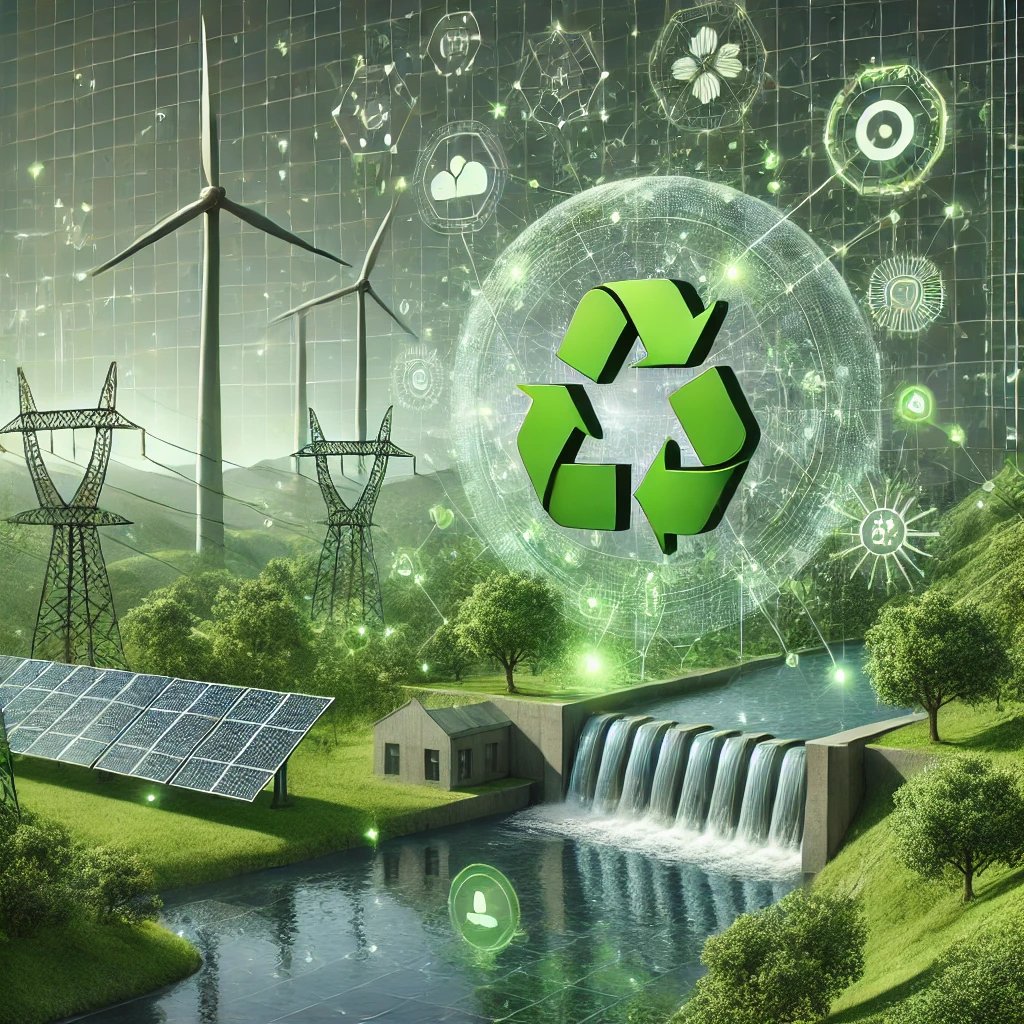Sustainability is becoming a critical concern across various industries in the modern age. As businesses strive to reduce their environmental footprint, digital industries, including online casinos, stand out for their inherent sustainability advantages.
This article explores the sustainable advantages of digital industries and compares physical casinos and their online counterparts, highlighting why the latter might be the more sustainable choice.
Resource Efficiency
Resource consumption is an area where the best online casinos excel in terms of sustainability. Physical casinos require vast resources to create and maintain their environments—furniture, gaming tables, slot machines, and other amenities all require raw materials. Moreover, these resources must be replaced or refurbished regularly due to wear and tear.
Resource requirements are minimal in the digital world. Online casinos rely on software and digital assets, which do not require the same level of physical materials. This transition to a virtual environment reduces the demand for raw materials, lowering the overall environmental impact.
Reduction in Physical Footprint
One of the digital industries’ most significant sustainability advantages is the reduction in physical infrastructure. Traditional brick-and-mortar casinos require large buildings, extensive utilities, and constant maintenance.
These casinos often operate 24/7, consuming vast amounts of energy for lighting, heating, cooling, and powering gaming machines. Additionally, the environmental impact extends to the construction and maintenance of these facilities, which require significant material resources and labour.
In contrast, online casinos operate without the need for physical premises. The energy consumption of servers that host online platforms is a fraction of what is needed to run a physical casino.
Furthermore, these servers are often in data centres optimised for energy efficiency, sometimes even powered by renewable energy sources. Online casinos present a more sustainable model by eliminating the need for physical space and reducing energy consumption.
Lowered Carbon Emissions
The traditional casino industry also contributes to carbon emissions by transporting patrons and employees. Visitors often travel long distances to reach renowned casino destinations, resulting in significant carbon emissions from cars, buses, and flights. The hospitality industry associated with physical casinos, including hotels and restaurants, further adds to the carbon footprint.
Online casinos, however, allow players to enjoy a variety of casino rooms, such as live dealer games from the comfort of their own homes. This shift to digital gaming eliminates the need for travel, thereby significantly reducing the associated carbon emissions. By providing a platform where players can engage in gaming without leaving their homes, online casinos reduce overall carbon emissions.
Renewable Energy Use in Digital Industries
The shift towards renewable energy in digital industries, including online casinos, showcases a commitment to sustainability, reducing environmental impact by utilising various methods, such as:
Adoption of Solar Power
Many digital industries, including online casinos, use solar power to run their operations, significantly lowering their reliance on fossil fuels.
Wind Energy Integration
Wind energy is quickly becoming a key component for powering data centres, allowing online platforms to operate with a much smaller carbon footprint.
Hydroelectric Power Utilisation
Some online platforms are leveraging hydroelectric power, which offers a consistent and renewable energy source and further contributes to sustainability.
Green Energy Certifications
Digital industries increasingly earn green energy certifications, demonstrating their commitment to using renewable resources and reducing environmental impact.
Comparison of Physical and Online Casinos
The table below highlights the key environmental differences between physical and online casinos, showcasing how online platforms offer a more sustainable approach to gaming.
| Aspect | Physical Casinos | Online Casinos |
|---|---|---|
| Physical Infrastructure | Requires large buildings, extensive utilities, and constant maintenance | No physical premises needed, lower energy consumption through efficient data centres |
| Carbon Emissions | High emissions from visitor and staff travel | Low emissions due to gaming from home |
| Resource Consumption | High resource use for construction, furniture, and gaming equipment | Minimal resource needs, reliant on digital assets |
| Waste Production | Generates significant waste from consumables and promotional materials | Almost waste-free, with no physical items required |
Waste Reduction
Physical casinos generate substantial waste, from food and beverage containers to marketing materials and disposable gaming accessories. This waste contributes to landfills and environmental degradation, further exacerbating the casino industry’s environmental impact.
Online casinos, on the other hand, are almost entirely waste-free. The absence of physical interaction means no disposable items, promotional flyers, or consumables require disposal. This lack of waste generation is a significant sustainability advantage, as it reduces the environmental burden associated with physical casino operations.
Conclusion: A Greener Future with Online Casinos
As the world becomes more conscious of environmental sustainability, digital industries like online casinos offer a pathway to a greener future. By reducing physical infrastructure, lowering carbon emissions, enhancing resource efficiency, and minimizing waste, online casinos present a more sustainable alternative to traditional brick-and-mortar establishments.
For those interested in exploring online gaming more sustainably, the top casino sites in the UK provide a wide range of options that combine entertainment with environmental consciousness. As the digital transformation continues to unfold, the sustainability advantages of online industries will likely become even more pronounced, leading to broader adoption and further environmental benefits.

